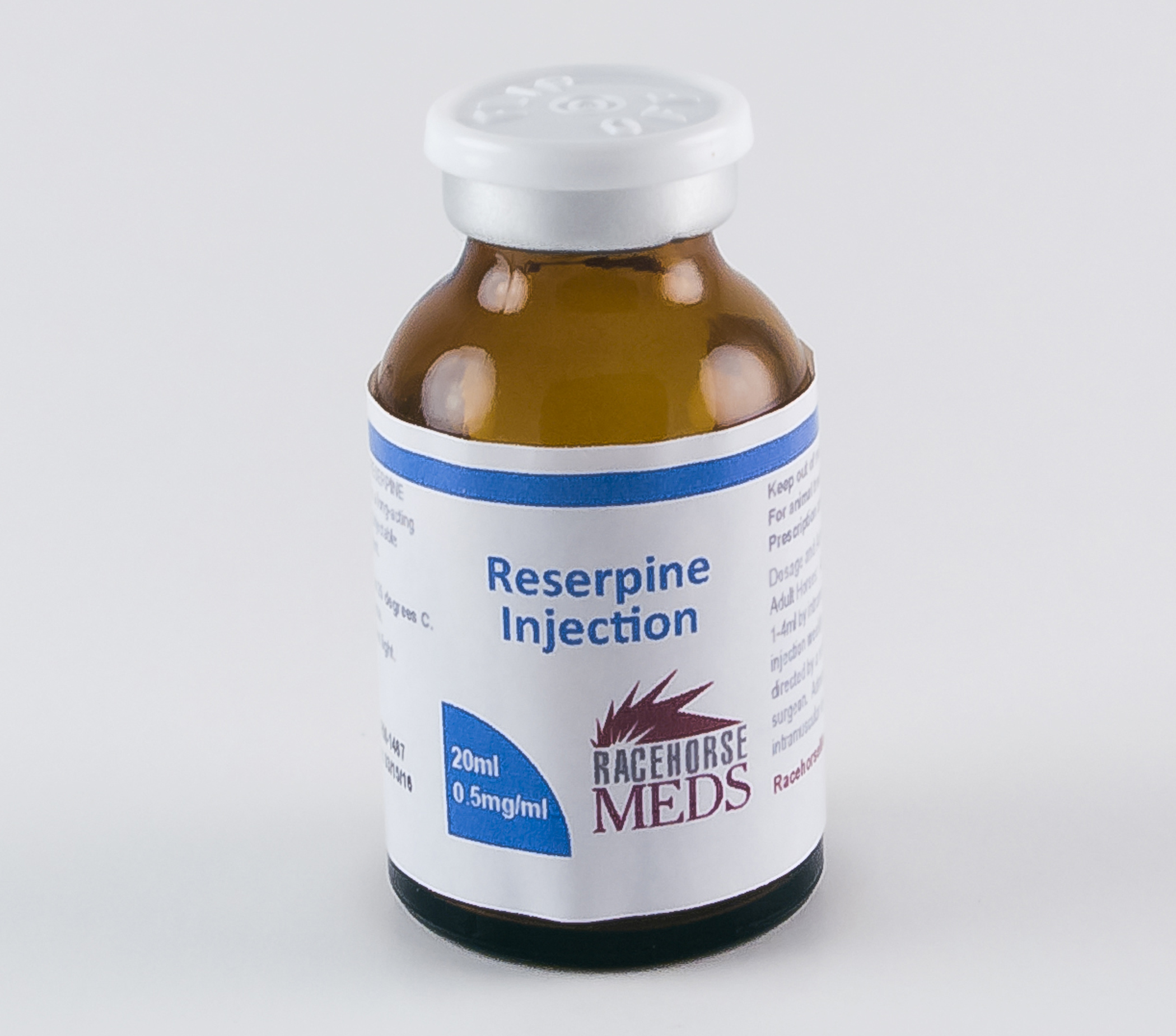
Reserpine is an indole alkaloid, antipsychotic, and antihypertensive drug that has been used for the control of high blood pressure and for the relief of psychotic symptoms, although because of the development of better drugs for these purposes and because of its numerous side-effects, it is rarely used today. More
Reserpine is an indole alkaloid, antipsychotic, and antihypertensive drug that has been used for the control of high blood pressure and for the relief of psychotic symptoms, although because of the development of better drugs for these purposes and because of its numerous side-effects, it is rarely used today.
Reserpine
Reserpine; 50-55-5; Serpalan; Serpasil; Serpivite
Adelphane, Adelphane-Esidrex, Genophane, Sarpalzino, Serpasil
methyl (1R,15S,17R,18R,19S,20S)-6,18-dimethoxy-17-(3,4,5-trimethoxybenzoyloxy)-3,13-diazapentacyclo[11.8.0.0²,¹?.0?,?.0¹?,²?]henicosa-2(10),4(9),5,7-tetraene-19-carboxylate
62% protein binding
The antihypertensive actions of Reserpine are a result of its ability to deplete catecholamines from peripheral sympathetic nerve endings. It is adrenergic blocking agents prescribe to treat mild to moderate hypertension via the disruption of norepinephrine vesicular storage.
Up to 500 mcg/day for about 2 week, subsequently reduce to lowest dose if needed. Maintenance: 100-250 mcg/day. Max: 500 mcg/day per oral.
For the treatment of hypertension
Na retention, nasal congestion; decreased libido, headache; gynaecomastia, CNS disorders; breast engorgement, GI disturbances; galactorrhoea; impotence, oedema, decreased or increased appetite; weight gain, miosis, dry mouth, sialorrhoea, dysuria, rashes, pruritus, thrombocytopaenic purpura.
Active peptic ulcer or ulcerative colitis; depression; Parkinson's disease; pheochromocytoma; electroconvulsive therapy (ECT).
Store at 20-25°C
608.6787
C33H40N2O9
50-55-5
Elderly or debilitated patients; epilepsy; renal insufficiency; gallstones; allergic conditions; cardiac arrhythmias; MI.